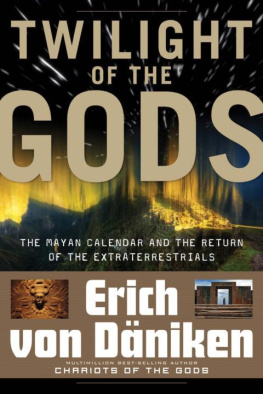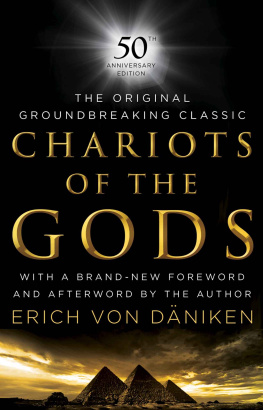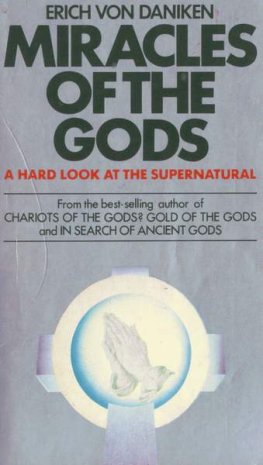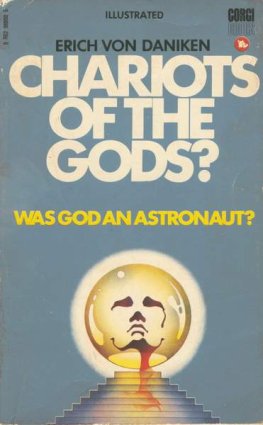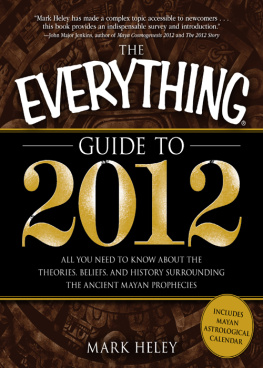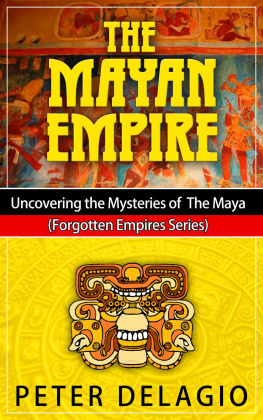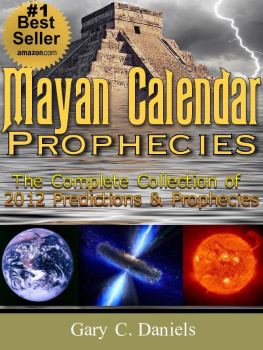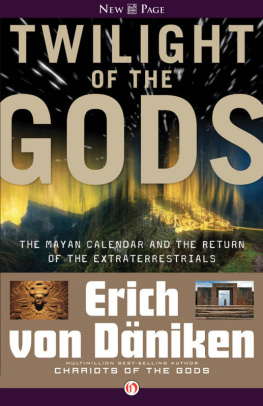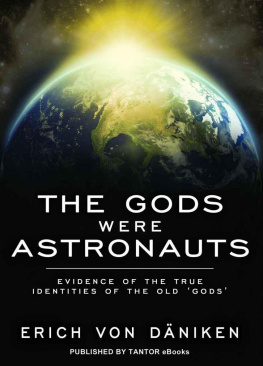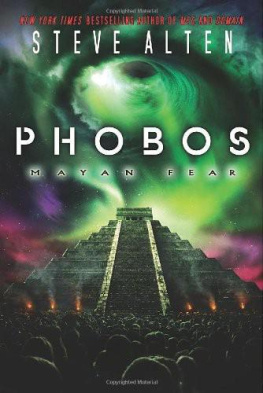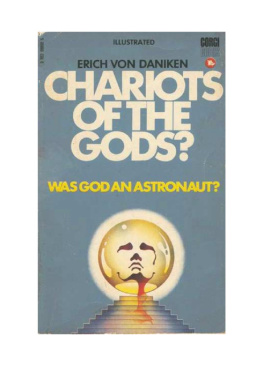






Erich von Daniieni
Translated bg nicholas Quamtmere
Foreword by Giorgio Tsoukalos


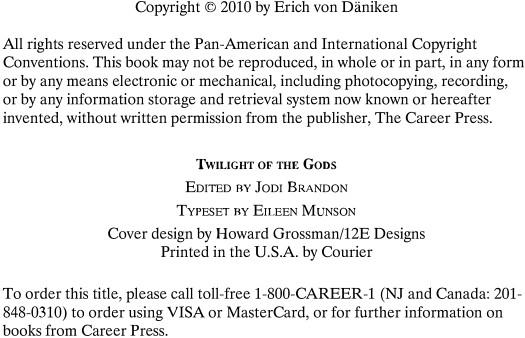

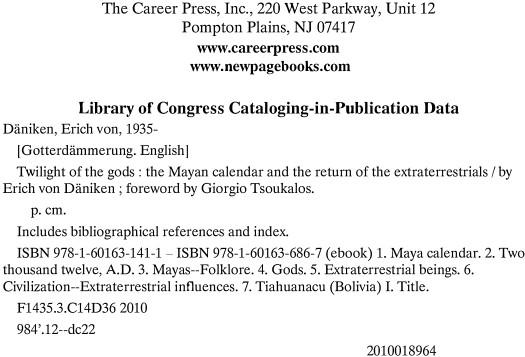


Chapter 1: 23
Chapter 2: 87
Chapter 3: 105
Chapter 4: 129
Chapter 5: 169


What is a "cargo cult"? The term refers to the real-life ethnological phenomenon of what happens when a technologically primitive society comes in contact with a technologically more advanced society. On countless documented occasions, ethnologists have observed that if technologically advanced visitors live among technologicallynot intellectually!-primitive cultures for short periods of time and then leave, soon thereafter, the visitors' advanced nuts-and-bolts technologies cause the native population to view these rather ordinary humans as gods and begin to worship them. On many occasions during their stay, the visitors would interact with the native population, giving them goods and food-cargo! After the departure of these "gods," the native culture surmised that they would return if they practiced intense worship, sacrifice, and emulation. Examples of modern-day cargo cult behavior can be found in the regions of the South Pacific during WWII. Why is this phenomenon so important?
It is important because if cargo cult behavior still takes place today, then it is a rather logical conclusion that cargo cult behavior also took place thousands and thousands of years ago. The cargo cult phenomenon illustrates the basic premise of the classic Ancient Astronaut Theory: Thousands and thousands of years ago, technologically advanced flesh and blood extraterrestrials arrived on Earth in nuts-and-bolts spaceships. Intellectually speaking, our ancestors were not stupid (they essentially had the same brain as we have today); however, because their technological frame of reference was limited, they did not comprehend the nuts-and-bolts aspects behind the arrival of those flesh and blood extraterrestrials, and so our ancestors misinterpreted them as being divine in nature, which, of course, the visitors were not. And thus, the "gods" were born. Out of a simple (yet major!) misunderstanding.
According to the ancient texts and traditions, a long, long time ago, the gods (lowercase "g") descended from the sky and instructed mankind in various disciplines. Why is it so hard for us to believe, living in a culture so rich in metaphor, that our ancestors drew similar comparisons? Is it really such a stretch of the imagination that whatever is described in the ancient texts is nothing more than the description of misunderstood, flesh and blood extraterrestrials who arrived here in nuts-and-bolts spaceships?
Mainstream science believes it is. They believe that all of these ancient stories and traditions are a figment of our ancestors' imagination and that all of those legends were nothing but fantasy. But can something really be created out of thin air?
For many years, I attended an international boarding school high up in the mountains of Switzerland. After the breakup of the Soviet Union, our school welcomed a few new students from the former USSR. I remember sitting in art class, and our assignment for the day was to draw a "fantasy castle," a "dream castle" floating in the clouds with shining towers and magnificent architectural features. The assigned project sent the entire classroom into a tizzy and we started drawing with unbridled enthusiasm. Everyone, that is, except our three new Russian classmates. None of them touched their pencils. They just sat in front of their large, empty sheets of paper. "What's wrong?" the teacher asked. "Why aren't you drawing?" The students replied: "What's a fantasy castle? What does it look like? We've never seen one. Since we've never seen one, we can't draw it." What an extraordinary reaction!
This incident underscores one point: If something has not been seen, then it cannot be invented. Translation: It is impossible to conjure up something out of thin air if the basic elements are missing. Nothing happens without the initial spark of inspiration, without a catalyst. Therefore, mythologies, legends, tales, whatever-which mainstream science today discredits as mere fantasy inventions of our ancestors' imagination-cannot possibly all be unfounded inventions or mere figments of someone's imagination. Quite on the contrary! Something had to be there in the first place to act as the catalyst, the basic element that sparked the story. Something happened to our ancestors; they witnessed something that compelled them to tell of these events in their traditions.
I think we'd all have to agree that it is impossible to create, let alone solve, an algebraic equation without knowing the basics of mathematics. It cannot be done. In this scenario, the basic mathematical elements represent the aforementioned initial spark, the catalyst. Everything else follows quite naturally afterward.
It is said that each legend has a true core. It is this core that represents the base element, the catalyst. Without a base element, or initial inspiration, nothing is possible. Therefore, if something like this happened to my Russian classmates living in the 20th century, then why couldn't something similar have happened to our ancestors many thousands of years ago? The Ancient Astronaut Theory shows that it has.
We must remind ourselves that when all of these legends and stories first were written down, the art of writing itself was a fairly new invention. Our ancestors realized very quickly that this new invention was the most powerful tool with which to preserve important knowledge. Is it really logical to think that the first stories and legends put in writing by our ancestors were only figments of their imagination? Of course not! Why?
Next page
